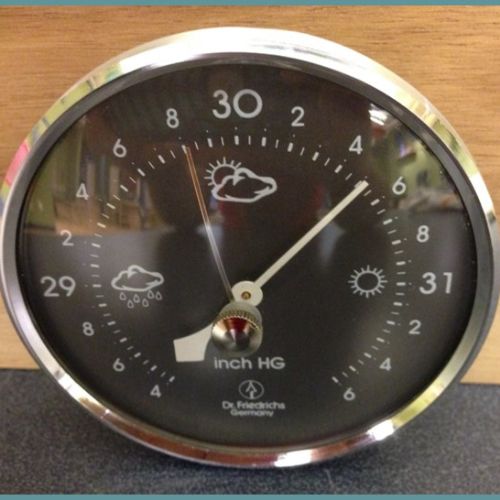| No current dates for this event | |
| No current times for this event | |
| STEMLab | |
| Grades 3-8 | |
 Sensory Information: Sensory Information: |
NEW Climate Science Programs (Grades 2-8)
In-person
45-60 Minutes
Contact schoolprograms@childrensmuseum.org to request
A series of NASA-funded programs for grades 2-8 about weather and climate. Please mention which program you are signing up for when you register your field trip.
The Water Cycle (grades 2-3) (45 min.) Students will simulate the motion of water through the water cycle using dice to randomly determine how water might move from one locale to another. They will map water’s possible movements around the Earth and discuss how climate change might impact the movement of water through the water cycle.
Science: SEP.2, SEP.4, CC.1: Patterns, PS3.B: Conservation of Energy and Energy Transfer, ESS3.B: Natural Hazards, 2-ESS-2, 2-ESS2-3, 3-ESS-2
The Carbon Cycle (grades 4-6) (60 min.) Using experiments and demonstrations, students will learn how human activity affects the carbon cycle and how these changes affect the geosphere, hydrosphere, biosphere, and atmosphere.
Science: ESS2.A: Earth Materials and Systems, ESS3.A: Natural Resources, ESS3.C: Human Impacts on Earth Systems, 4-ESS3-1, 5-ESS2-1
Urban Heat Islands (grades 7-8) (60 min.) Students will understand the importance of awareness of the Extreme Heat Vulnerability Index that affects Indianapolis due to its mid-latitude and how NASA’s satellites provide scientists with impartial, unbiased data that supports the existence of Urban Heat Islands and the changes in these urban areas are both natural and human induced.
Science: SEP.1, SEP.2: SEP.4, SEP.8, LS2.A: Interdependent Relationships in Ecosystems, LS2.C: Ecosystem Dynamics, Functioning, and Resilience, LS4.D: Biodiversity and Humans, TS1.B: Developing Possible Solutions, PS4.B: Electromagnetic Radiation, PS2.B: Types of Interactions, PS3.A: Definitions of Energy, PS3.A: Definitions of Energy, PS3.B: Conservation of Energy and Energy Transfer, ESS2.A: Earth’s Materials and Systems, ESS3.C: Human Impacts on Earth Systems, ESS3.D: Global Climate Change, MS-PS4-2, MS-LS2-4, MS-PS3-4, MS-ESS3-2, MS-ESS3-5
The material contained in this document is based upon work supported by a National Aeronautics and Space Administration (NASA) grant or cooperative agreement. Any opinions, findings, conclusions or recommendations expressed in this material are those of the author and do not necessarily reflect the views of NASA.
Program thumbnail image source: NASA Worldview https://worldview.earthdata.nasa.gov/
How to attend
Call 317-334-4000 to register for a field trip and then contact schoolprograms@childrensmuseum.org to request this program!

 (
(











